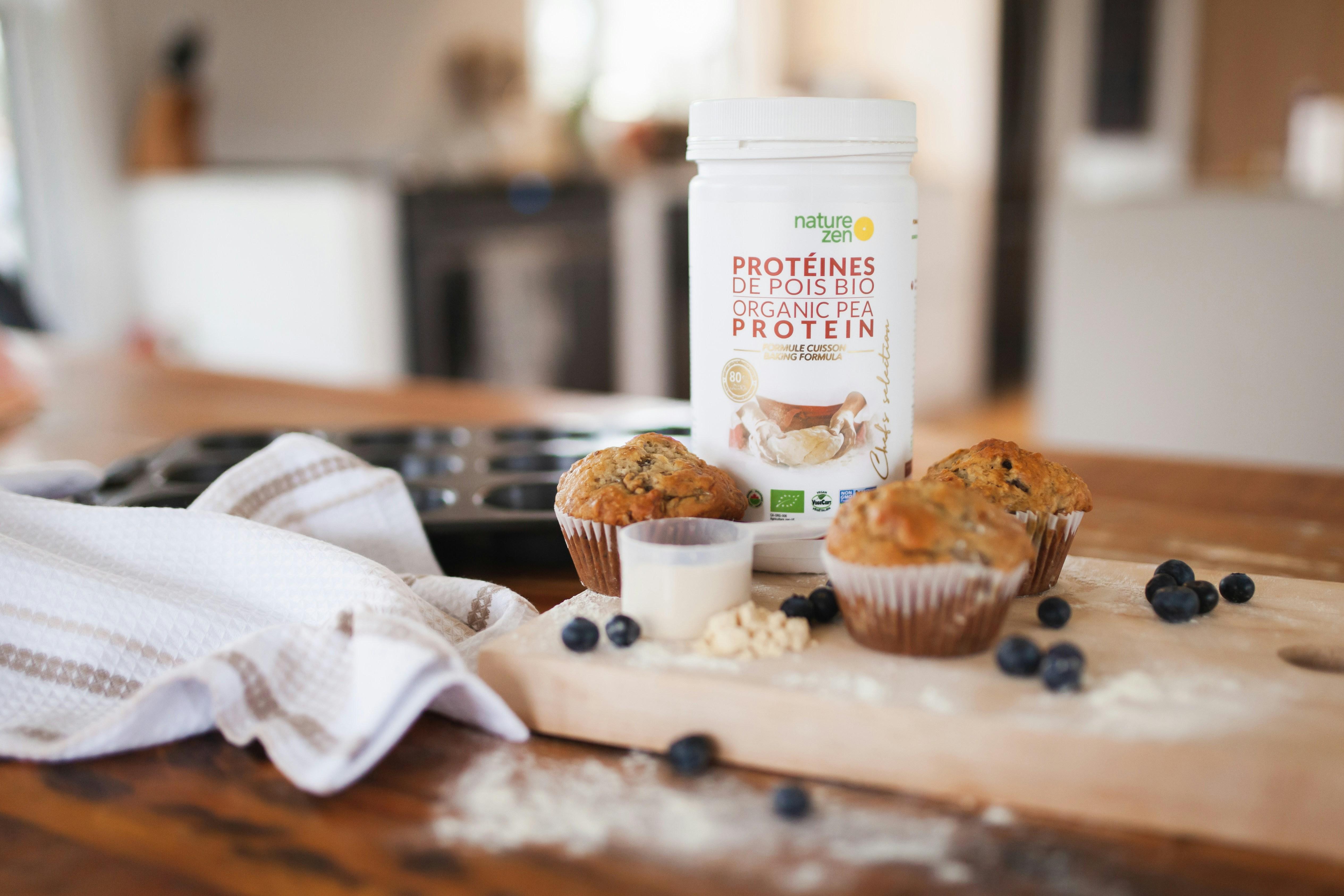In the bustling world of dietary trends, where kale smoothies vie for attention alongside sizzling steaks, the plant-based diet has emerged as both a hero and a subject of scrutiny. As more individuals turn to the verdant allure of fruits, vegetables, grains, and legumes, a pressing question arises from the roots of this lifestyle choice: Do plant-based diets cause nutrient deficiencies? While advocates celebrate the environmental and ethical benefits, skeptics voice concerns about potential nutritional gaps. This article delves into the heart of this debate, exploring the balance between health and ideology, and uncovering the truth behind the vibrant plates that are reshaping our culinary landscape. Join us as we journey through scientific studies, expert opinions, and personal stories to illuminate whether plant-based diets are a path to wellness or a nutritional tightrope walk.
Navigating Nutrient Pitfalls in Plant-Based Eating
Transitioning to a plant-based lifestyle can be a nourishing journey, yet it’s important to be mindful of certain nutrients that might require extra attention. While plants are abundant in vitamins, minerals, and antioxidants, there are a few nutrients that can be less prevalent in a strictly plant-based diet. Here’s a closer look at some common nutrient pitfalls and how to navigate them effectively:
- Vitamin B12: Essential for nerve function and red blood cell production, this vitamin is naturally found in animal products. Fortified foods such as plant-based milks, breakfast cereals, and nutritional yeast can help fill this gap.
- Iron: Although plant foods like lentils, chickpeas, and spinach are rich in iron, it’s the non-heme type, which is less easily absorbed. Pairing these foods with vitamin C-rich sources like bell peppers or oranges can enhance absorption.
- Omega-3 Fatty Acids: Critical for brain health, these are typically found in fish. Flaxseeds, chia seeds, and walnuts offer plant-based omega-3s, though supplements such as algae oil can also be considered.
- Calcium: While dairy is a well-known source, leafy greens, fortified plant milks, and tofu can provide this bone-strengthening mineral.
With a bit of planning and knowledge, plant-based eaters can enjoy a diverse and balanced diet. Embracing a wide variety of whole foods and considering fortified options or supplements when necessary ensures that nutritional needs are met without compromise.

Understanding Key Vitamins and Minerals for Vegans
Embracing a vegan lifestyle opens the door to a world of plant-based nutrients, but it’s essential to be mindful of certain vitamins and minerals that may require extra attention. Key nutrients like Vitamin B12, iron, and omega-3 fatty acids are often highlighted in discussions about vegan diets. While B12 is primarily found in animal products, vegans can source it from fortified foods or supplements. Iron, crucial for oxygen transport in the blood, can be found in plant-based foods like lentils and spinach, though pairing these with vitamin C-rich foods can enhance absorption.
- Calcium: Often associated with dairy, it can also be found in fortified plant milks and leafy greens.
- Zinc: Vital for immune function, sources include chickpeas, lentils, and seeds.
- Vitamin D: While sunlight is a primary source, fortified foods or supplements can help maintain adequate levels.
By understanding these key nutrients and incorporating a variety of whole foods into your diet, a vegan lifestyle can be both nourishing and fulfilling.

Balancing Your Plate: Essential Nutrients to Monitor
Embracing a plant-based diet offers a cornucopia of health benefits, yet it requires mindful planning to ensure all nutritional bases are covered. Here are some key nutrients to keep an eye on:
- Protein: While plants like lentils, chickpeas, and quinoa are excellent protein sources, it’s crucial to mix and match to get a complete amino acid profile.
- Vitamin B12: Naturally found in animal products, B12 is vital for nerve function. Fortified foods or supplements can help bridge this gap.
- Iron: Plant-based iron (non-heme) is less readily absorbed than its animal counterpart. Pairing iron-rich foods like spinach and lentils with vitamin C sources can enhance absorption.
- Omega-3 Fatty Acids: Flaxseeds, chia seeds, and walnuts are excellent plant-based sources, but monitoring intake is essential to meet daily requirements.
- Calcium: Beyond dairy, fortified plant milks, tofu, and leafy greens can help maintain strong bones.
By strategically balancing your plate with these essential nutrients, a plant-based diet can be as nourishing as it is sustainable, paving the way for a healthier lifestyle.

Expert Tips for a Nutrient-Rich Plant-Based Lifestyle
- Variety is Key: Incorporating a wide range of fruits, vegetables, grains, nuts, and seeds can help ensure you’re getting a diverse array of nutrients. Each plant food offers a unique profile of vitamins and minerals, so aim to “eat the rainbow” and explore different cuisines and ingredients. This not only enhances nutrient intake but also keeps meals exciting and flavorful.
- Fortification and Supplementation: While many nutrients can be obtained from plant sources, some like Vitamin B12, Vitamin D, and Omega-3 fatty acids might require fortified foods or supplements. Check labels for fortified plant-based milks, cereals, and nutritional yeast, and consider consulting with a healthcare professional about personalized supplement recommendations.
- Mindful Pairing: Some nutrients, like iron and calcium, are better absorbed when paired with specific foods. For instance, consuming vitamin C-rich foods (like citrus fruits or bell peppers) alongside iron-rich plant foods (such as lentils or spinach) can enhance iron absorption. Similarly, avoid consuming calcium-rich foods with high-oxalate vegetables like spinach to optimize calcium intake.
- Focus on Whole Foods: Prioritize whole, unprocessed foods to maximize nutrient density. While processed plant-based alternatives can be convenient, they may lack the full spectrum of nutrients found in their whole counterparts. Aim to make whole grains, legumes, and fresh produce the foundation of your meals.
In Retrospect
In the grand tapestry of dietary choices, plant-based diets emerge not as a simple thread, but as a complex weave of potential and possibility. They invite us to explore the bountiful array of nature’s offerings while challenging us to navigate the nutritional labyrinth with care and knowledge. As with any lifestyle choice, the key lies in balance, awareness, and informed decisions. By understanding the nuances of nutrient intake and embracing the diversity of plant-based options, we can craft a diet that not only nourishes the body but also aligns with personal values and global consciousness. Whether you’re a seasoned herbivore or an omnivore contemplating the greener pastures, the journey toward optimal health is paved with curiosity and open-mindedness. Let us continue to question, learn, and savor the vibrant palette of flavors that a plant-based world has to offer, while ensuring our plates are as full of nutrients as they are of possibilities.




